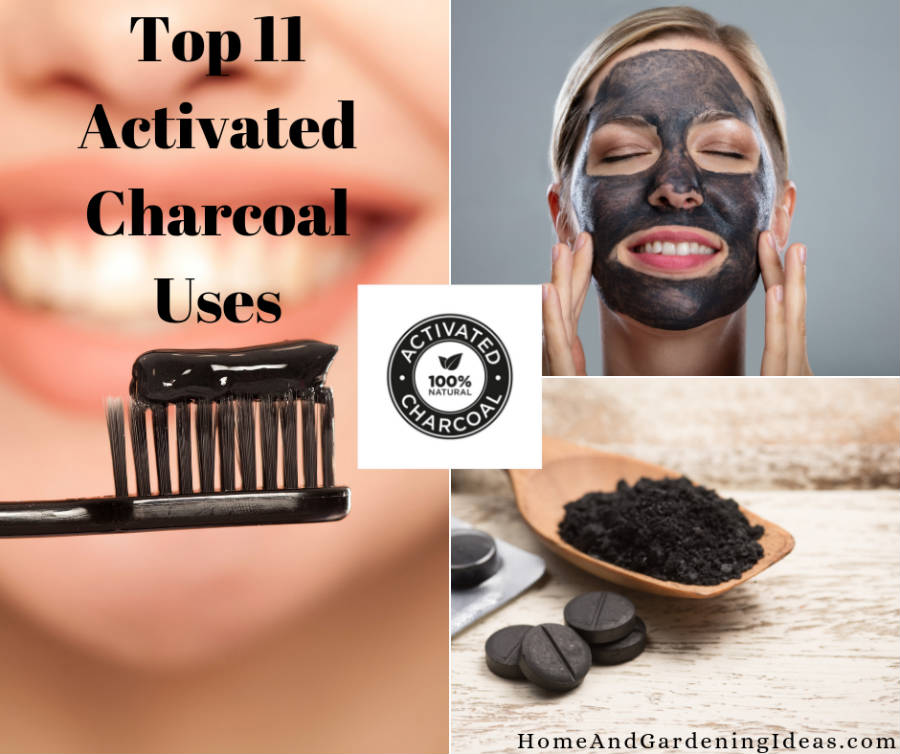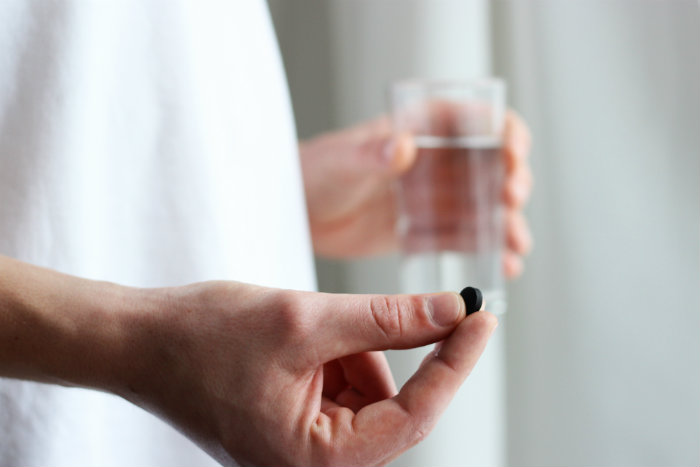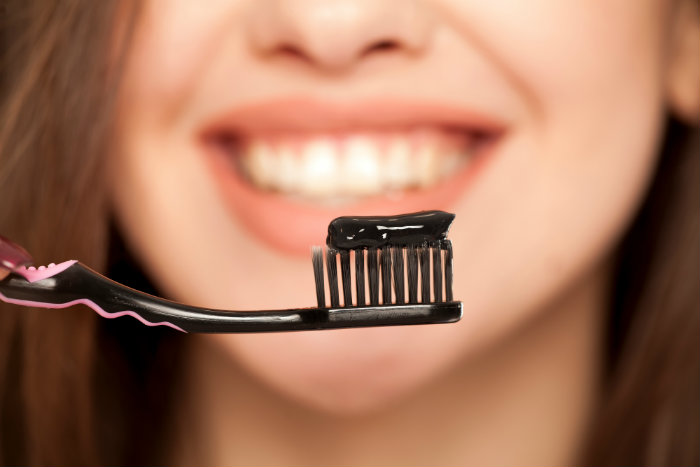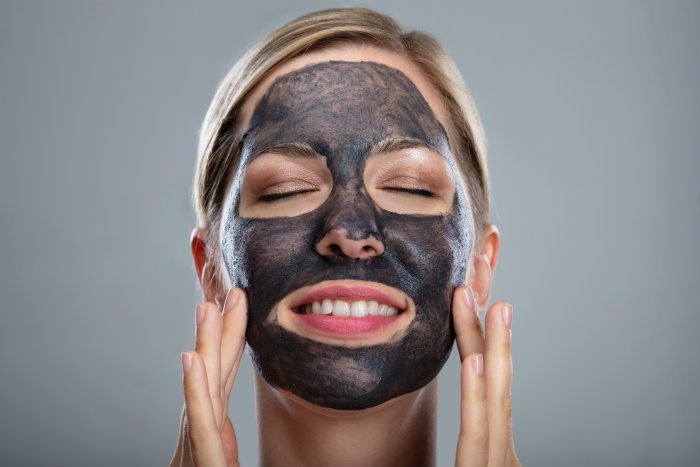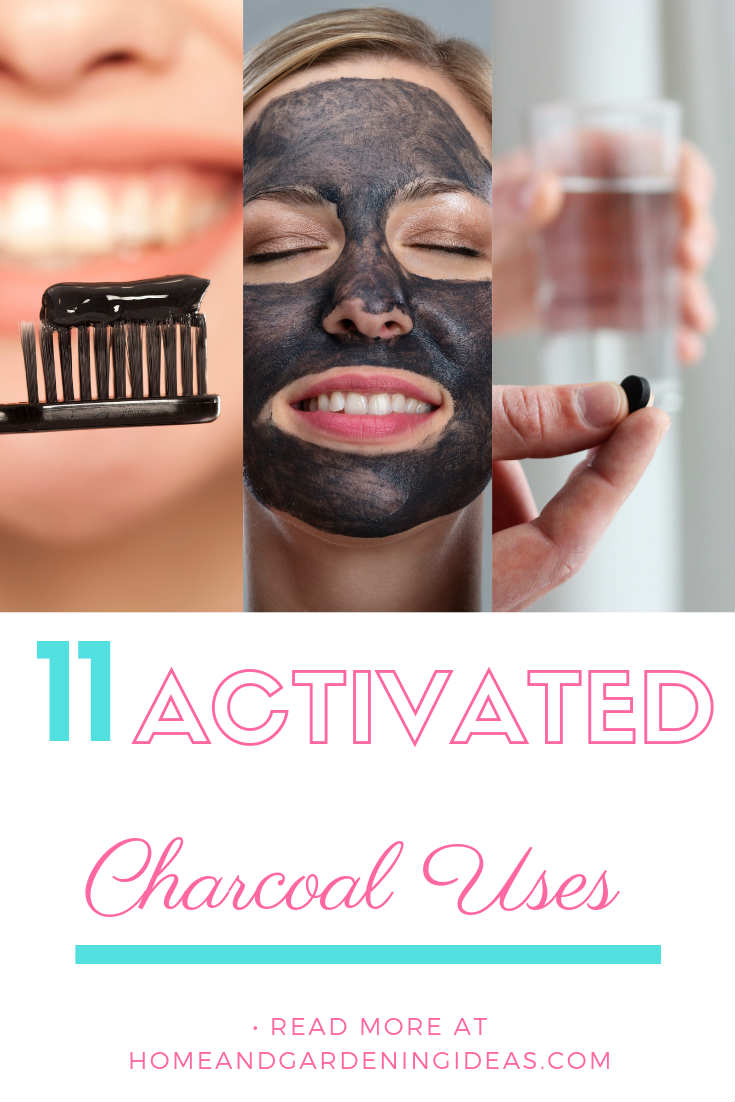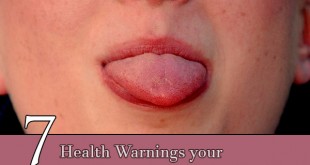What Is Activated Charcoal And how To Use It
Have you heard of activated charcoal? Activated charcoal is an odourless, black powder that can treat overdoses in emergency rooms. You can use it for a wide range of medicinal uses, making it addition that everyone should put in their medicine cabinet.
What is Activated Charcoal?
Activated charcoal isn’t the same substance as charcoal bricks. It’s very absorbent so that it can bind to molecules, ions, or atoms. This substance works by chemically binding other materials to its surface and absorbing thousands of times its own weight. It has a large surface area because of all its pores. One cubic inch of coal has the surface area of a 150,000 square feet field.
It’s important to note that, just because it’s charcoal, doesn’t mean you can make it on your own. You shouldn’t try to make activated charcoal on your own. This charcoal consists of substances such as wood, coal, coconut shell charcoal, and bamboo.
Be careful because activated and regular charcoal are nearly identical, and the only difference is that it’s created only for medical use.
Ayurvedic and Chinese medicine have used activated charcoal for thousands of years. We know that the first recorded use is all the way back in 1550 BC. Now, this ancient traditional medicine has made its way to modern medicine. Activated charcoal has been used in medical literature to absorb organic toxins, chemicals, and poisons.
People used it during World War I as an additive to gas masks to stop soldiers from being poisoned by chemical exposure. It’s been used as a way to make water tasteless and odorless since 1930.
How to Use Activated Charcoal
Activated charcoal can be purchased in capsule forms – clear capsules contain powdered charcoal, or you can buy it loosely in bulk. No matter what kind you are buying, figuring out how to use activated charcoal is still the same.
Soothe Upset Tummies
If you have bloating or gas, taking activated charcoal helps absorb those toxins inside of your stomach. Add a few capsules in your smoothie or take them with your breakfast. You do need to remember to drink more water when taking activated charcoal because it can cause dehydration as it flushes out the toxins from your body faster.
Removes Toxins and Poisons
NOTE: Taking activated charcoal is never a replacement for the emergency room. If your child ingests poison, please seek medical attention immediately.
Activated charcoal is an effective way to treat GI tract decontamination, absorbing up to 60% of unwanted substances in the stomach and intestines if you take it quickly after ingestion. It’s believed to work up to two hours after ingestion. Some emergency rooms routinely use activated charcoal for certain types of poisoning.
Detox Your Body
The best benefit of activated charcoal is that it’s like a vacuum, sucking up excess oil and cleaning out the pores in minutes. You can use it alone or mix it with detoxifying ingredients.
Whiten Your Teeth
Have you seen those popular charcoal tubes of toothpaste? It looks weird, but black activated charcoal will make your teeth whiter. You can mix the powder with some water and rub it on your teeth. This paste works by changing the pH level in your mouth. For best results, use this paste two to three times a week.
Clean the Air
Using charcoal can help to remove odors and harmful chemicals, along with allergens that pollute the air. Many air purifying products contain charcoal. For example, charcoal bags are a simple product that you can purchase or make to clean the air in your home, and they last for years. All you have to do is put them in the sun once a month to recharge.
Purify Water
You can use activated charcoal to remove contaminants from water. The Berkey System is a popular choice for families, and it uses a charcoal filtering system. Look up how to use activated charcoal to purify your water at home.
Relieve Insect Bites and Stings
Since you can use this to pull the dirt out of your skin and pores, you also can use it to pull out the toxins that cause bug bites to itch. Activated charcoal works wonders for mosquitoes and bee stings. Create a black salve or a drawing salve, but they can be messy. You can also make a calamine-type lotion to help with the bites.
Clear Acne
Clogged pores often cause acne, so what better way to clear acne than to use an activated charcoal face mask? You can apply it topically on your face and body, and it works to pull out the toxins from your skin, clearing your face up fast.
Exfoliate Skin
Another way to use activated charcoal is by using it to exfoliate your face. Create a scrub that will leave your skin feeling fresh and clean. Many spas use activated charcoal scrubs!
Make Deodorant
Are you interested in making your deodorant at home? You can make cream deodorant by mixing four tablespoons of coconut oil with a combination of two teaspoons activated charcoal powder, ⅓ cup corn starch, and a ⅓ cup of baking soda.
Make Soap at Home
Making soap at home is fun! You can make a detox soap with activated charcoal. You can use this soap on your entire body and face.
Not only can you make a body soap, but charcoal can be used in shampoos. Charcoal has been an ingredient in shampoo for years because it removes impurities and build up. All you have to do is add a small amount to your shampoo before applying to your hair.
Is Activated Charcoal Safe?
Perhaps the most critical question is about the safety of activated charcoal. It’s not known to be toxic, but you shouldn’t take it within two hours of taking vitamins or medications because it stops your body from absorbing them. Don’t take activated charcoal internally regularly, but you can use it topically more often.
Talk to your doctor or a medical professional using internally using activated charcoal, especially in life-threatening situations.
 Home and Gardening Ideas At home and Gardening ideas we believe inspiring readers about homesteading, self sufficiency
Home and Gardening Ideas At home and Gardening ideas we believe inspiring readers about homesteading, self sufficiency
